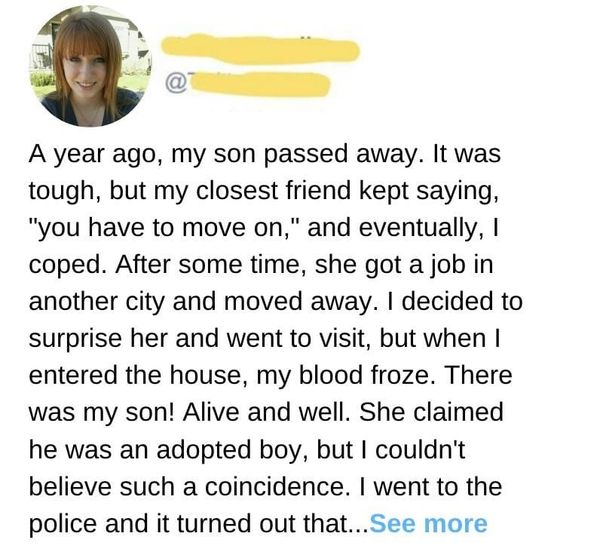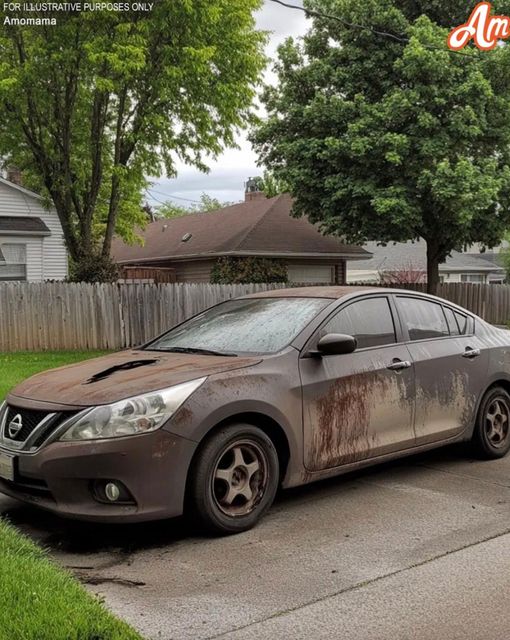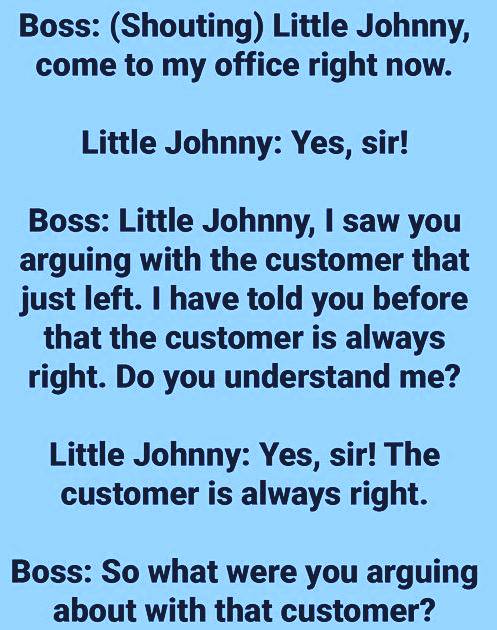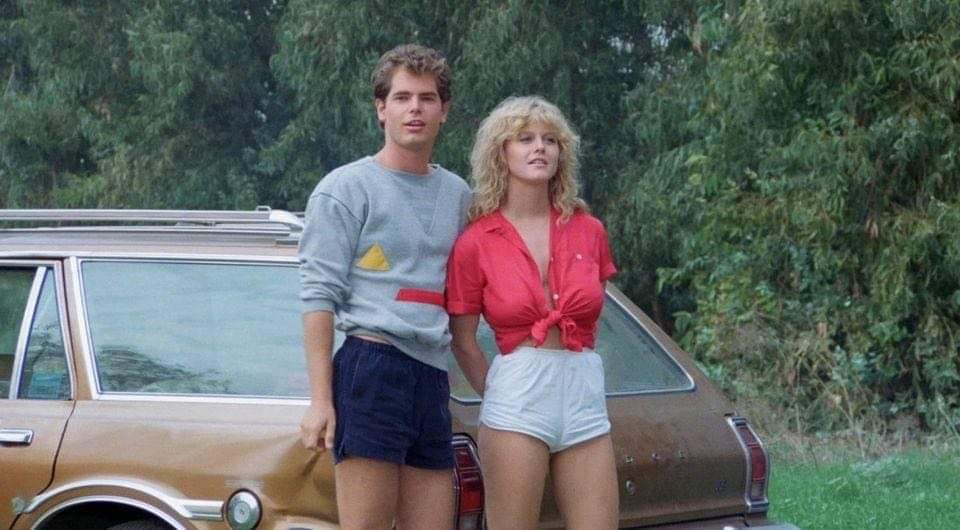Prepare to put together a period kit! Here are some clues this milestone is close.
Raise your hand if your mom referred to her period paraphernalia as “surprise packages” when you were growing up. Yep, mine too. Thankfully, our periods are hardly a surprise since we have the great fortune of being adults in the modern age (thanks, period apps!). The unexpected element kicks back in once you become the parent of a tween, because their very first period always seems to come out of nowhere.
Everyone has heard the horror stories of getting your first period without having any idea that periods existed. Some of you may have even lived that horror. That’s because many moms of pre-teens forget just how early periods can start and don’t think it’s necessary to discuss it with their kids. But the truth is a period can start anywhere between ages 8 and 16, and, according to the NHS, the average kiddo is just 12 years old when their period starts.
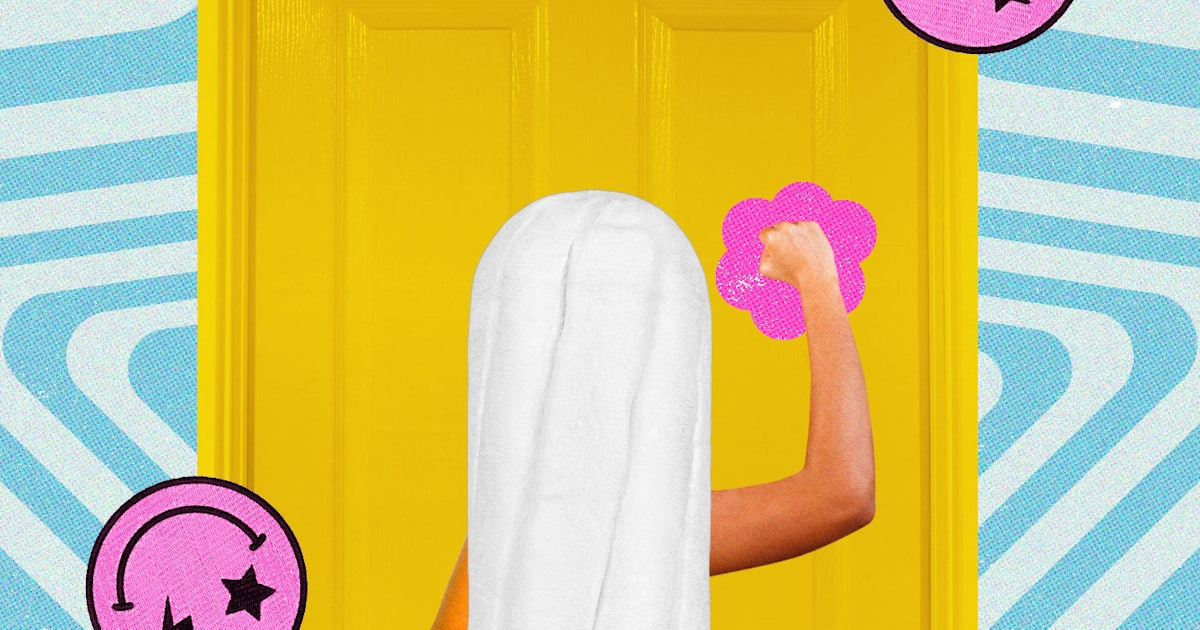
So, you should definitely talk about your child’s body and what they should prepare for as they grow up. But how do you know when? And how do you know if your kid’s period is… soon-ish? Here’s a refresher on the milestone for parents of kids on the cusp.
When should we start talking about periods?
As a school counselor, Nancy Zwiebach has dealt with her fair share of first-period meltdowns. She says paying attention to your child’s bodily development will help you know when to start talking about periods.
“It isn’t unusual these days for 9-year-olds to get their periods,” Zwiebach says. “Also, secondary sexual characteristics appear sometime before menstruation.” If you, as the parent, notice pubic hair appearing and/or breast development, take the lead and start the dialogue since your child will likely be getting their period “before long.”
It’s also important to note that teaching kids about periods should apply to all genders.
How else can I tell if my kid will start their period soon-ish?
The development of breasts (known as “thelarche”) and pubic hair (known as “pubarche”) are early indicators that puberty is on the way, as Zwiebach pointed out.
According to the National Library of Medicine, breast budding typically starts two to three years before menarche (aka first menstruation), and pubic hair development typically happens one to two years before menarche. The average age for breast development is around 8, while the average age for pubic hair is around 11.6.
What are some other period clues that might pop up along the way? In the months leading up to your child’s first period, you may notice they’re experiencing:
As menstruation gets even closer, they may complain about:
What next?
If you sense your child’s first period is imminent (and you’ve already taught them what menstruation is), the real preparation journey begins.
Keep the education about periods going.
There are tons of great movies and TV episodes that touch on menarche. Turning Red and the ‘90s classic My Girl are two shining examples of coming-of-age films that tackle the topic. And nearly every family drama with a daughter has had a period episode, from Black-ish and Blossom to Degrassi and even Mad Men.
Buy a “first-period kit (or two).
Make sure your child knows about different period supplies and that they’re easily accessible. Some companies make and market these kits, but you can easily DIY your own. Have one kit in your tween’s bathroom and consider stashing another in the car or their backpack.
Discuss hygiene.
When you give your period-haver their kit, it’ll be a great time to discuss hygiene. As any parent of a tween knows, this age group seemingly loathes bathing. However, bathing becomes even more important once menstruation hits.
Give your kid the rundown on the care and cleanliness of changing out pads and period underwear. Designate a place to put dirty panties until you can help wash them (at least at first).
Normalize the period process.
It’s never too soon to start normalizing the period process — for the period-havers and non-period-havers in your home. At some point, one of your kids will undoubtedly burst into the bathroom when you’re mid-tampon change. It’s startling and annoying, so forgive yourself if you snap at them. But, if you can manage, turn it into a to-be-continued teaching moment.
Say something like, “Mom’s on her period and needs privacy while she changes her pad/tampon. Can we talk more about it later?”
Just be there.
You know how awful having your period can be. Ask your kid what you can do to help make things better.
How can you help late bloomers?
Is there anything worse than being the last person to do something? Whether it’s getting a phone or having your first kiss, no one wants to be last.
Now that you’ve had your period for a while, you know how lucky your kid is to miss out on the grossness for a few months or years. But all your tween knows is that friends are experiencing something they’re not. This is a whole new ocean of emotions you two will need to wade through together.
“Most any time a child is different from their peers, it’s a cause for discomfort and even fear (what is wrong with me?),” reminds Zwiebach. “The most important thing is to stress that every body develops in its own time and that, most likely, [your child’s] body is just on a different schedule.”
Zwiebach suggests strengthening this message by pointing out other developmental changes that vary among children: baby teeth falling out/new teeth coming in, growing taller, getting braces, etc.
“However, if a child is really upset, take them to the doctor for assurance nothing is wrong,” says Zwiebach, adding, “And the parent should explain that the exam might consist of palpating the breasts and an internal.”
Feeling overwhelmed? Join the club. It was bad enough when you started your period, and now you get to relive that whole trauma again… with your “baby.” That’s more gross laundry, more bathroom trash, and more emotional meltdowns.
Solidarity is in order (and maybe a glass of wine for you after everyone goes to bed).

